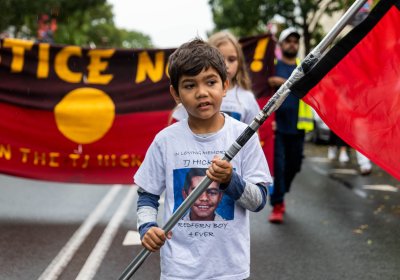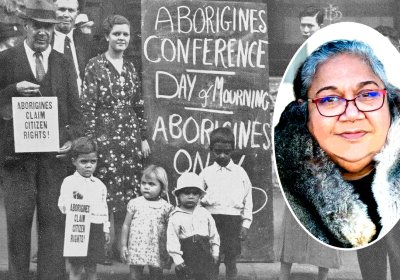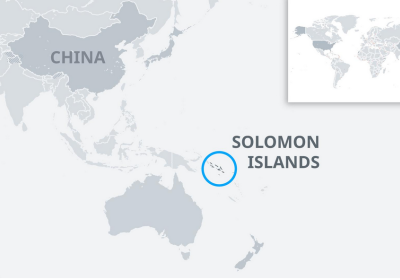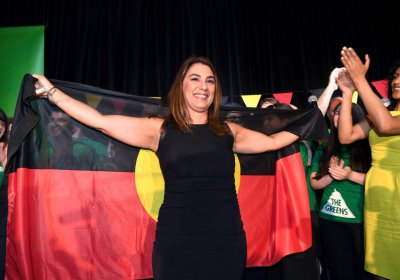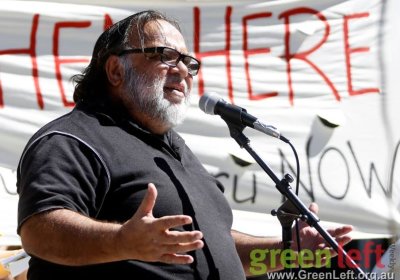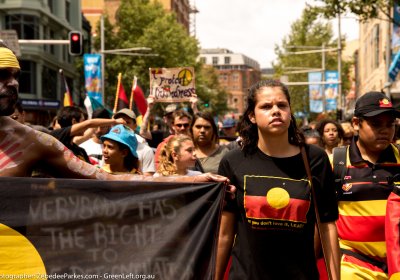A Yes vote won’t change whose constitution it is; a no vote won’t take the struggle back decades, argues Arrente woman Celeste Liddle.
sovereignty
Senator Lidia Thorpe should be congratulated for putting a Treaty with First Nations people on the political agenda. Progressives need to support that campaign, argue Jacob Andrewartha and Sue Bolton.
Labor's Indigenous Voice to Parliament will be another token gesture, unless the government is forced by a strong popular movement to take real measures towards First Nations justice, argues Socialist Alliance.
Frances Peters-Little, director of Vote Yes For Aboriginies, a film about the 1967 referendum, discusses the political context of the vote and the upcoming referendum on the Voice to Parliament with Isaac Nellist.
While the Solomon Islands is divided on the security deal with China, Australia's major parties have been shouting from the same song book. Binoy Kampmark reports.
The quest for Aboriginal sovereignty challenges non-Indigenous Australia to let go of any perceived right to define what sovereignty is, writes Peter Griffin.
One of the actions requested by the local Indigenous community in the City of Fremantle’s new Reconciliation Action Plan is the greater use of Noongar place names for new streets and parks and also for significant landmarks such as Derbarl Yerrigan (Swan River), Wadjemup (Rottnest Island) and Walyalup (the greater Fremantle region).
Gunnai-Gunditjmara woman Lidia Thorpe is a life-long Indigenous activist who among other things helped lead the successful campaign to save Nowa Nowa Gorge in East Gippsland. In the lead up to Invasion Day, Thorpe spoke with 3CR’s Green Left Radio presenter Jacob Andrewartha.
On January 24, Victorian Liberal opposition leader Matthew Guy said “unpatriotic councils” that do not use January 26 to celebrate would be sacked. He was specifically threatening the Moreland, Darebin and Yarra councils, which have shifted celebrations and citizenship ceremonies away from January 26.
Sam Watson, a leading Murri activist from Brisbane, has been involved in Aboriginal rights struggles since the 1960s.
He is a prominent author, playwright and filmmaker, and is the Aboriginal affairs spokesperson for Socialist Alliance. A Birri Gubba man, he was previously an academic at the University of Queensland, and received honours for his 1990 novel The Kadaitchi Sung and acclaim for his 1995 film Black Man Down.
Watson spoke to Green Left Weekly’s Jim McIlroy about the issues confronting Aboriginal people.
I was privileged to be invited to observe a National Gathering of First Nations peoples on November 4–5 at the Aboriginal Tent Embassy in Canberra.
Representatives from many different clan groups from a large number of First Nations across the continent attended. It was a direct response to the events at Uluru earlier in the year, with regard to Constitutional Recognition. Its initial purpose being to discuss the formalisation of a process of recognition of each tribe’s sovereignty.
- Page 1
- Next page

